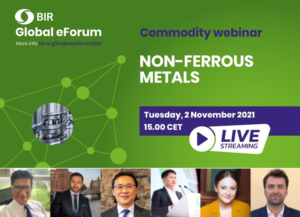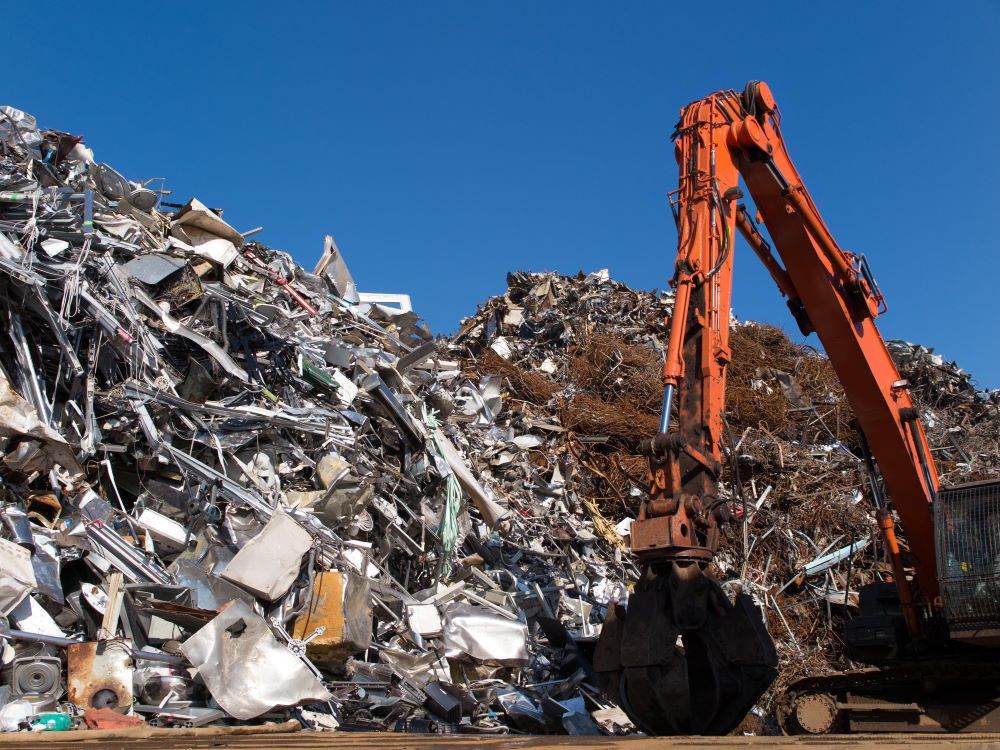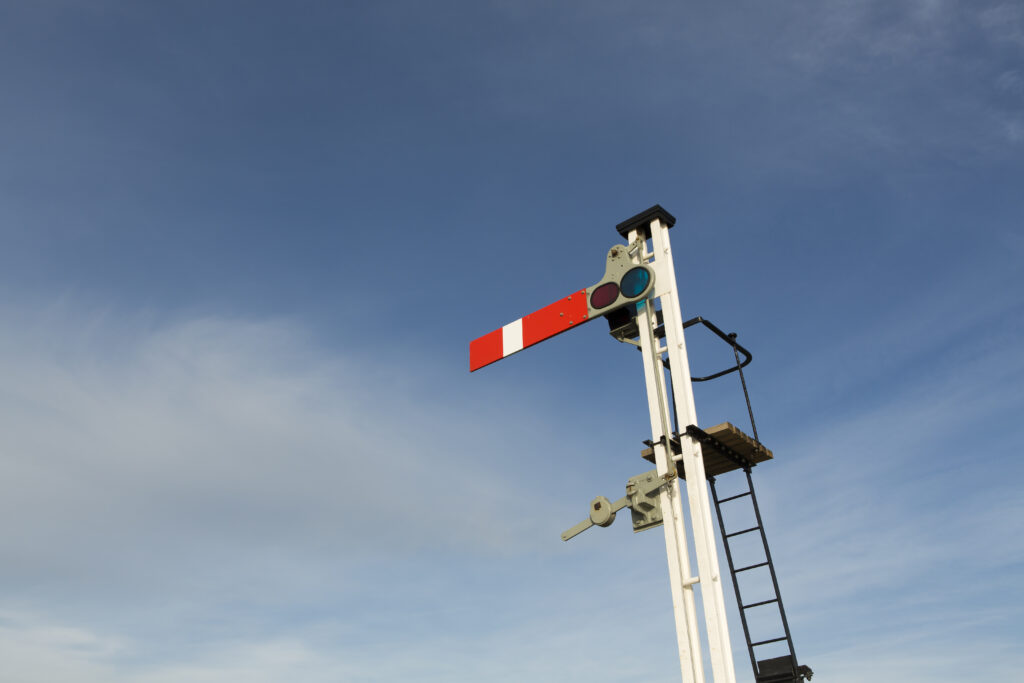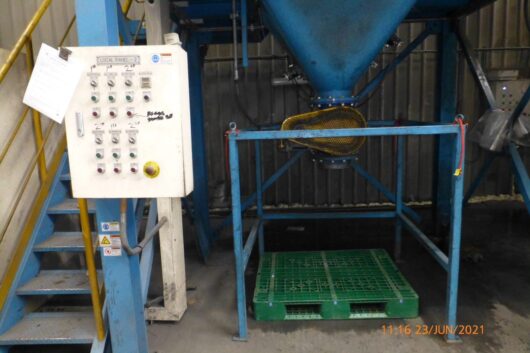The remarks were made during a panel discussion on non-ferrous metal at the Bureau of International Recycling’s (BIR) non-ferrous metals seminar yesterday (3 November).
Franco Dalpiaz, director of raw material purchasing at an Italy-based recycled aluminium alloys producer called Raffmetal SPA, said that the reduced exports to Europe could lead to production stoppages in the aluminium value chain. This could in turn impact the automotive and packaging sectors.
Mr Dalpiaz also highlighted the need to find ”solutions for the zero-emission use of the internal combustion engine with renewable fuels”.
He added that failure to do so would result in large volumes of end-of-life (ELV) vehicle scrap coming forward in 10 to 15 years “with issues finding buyers”.
Covid comeback

Elsewhere, Dhawal Shah from India-based Metco Marketing and president of the BIR Non-Ferrous Metals Division described the comeback post-Covid for the industry as ”strong”. However, he acknowledged that “unpredictability and hyper-volatility” were keeping non-ferrous metals recyclers “on the edge of their seats”.
He went on to describe current challenges facing the sector “chaos” as “completely unprecedented”.
Mr Shah said that metals prices are “at almost historical highs” and that supply disruption owing to “high freights and container logjams” was particularly challenging.
Classifications
On the issue of restricting scrap flows, Eric Tan from the Malaysia-based Non-Ferrous Metals Association warned that, in its current form, guidelines for importing scrap would “cause more harm than good to the whole non-ferrous metals industry in Malaysia”.
He highlighted concern around the current government thresholds of 0% for hazardous waste and 94.75% for metallurgical content which, the speaker warned, would affect 80-90% of Malaysia’s scrap imports.
Concluding, Mr Tan said the proposed pre- and post-shipment inspection regime would ”damage Malaysia’s competitiveness” in terms of scrap procurement.
Also, as part of discussions moderated by Natallia Zholud of TMR Group in Belarus and José-Martin Neumann of TSR Recycling in Germany, Mr Shah spoke of the Indian government’s proposed introduction of scrap classifications in aims to obtain cleaner, higher-quality raw materials.
To be implemented possibly within the next six to nine months, he said, these could include limits for ”metallic and non-metallic impurities”.












Subscribe for free